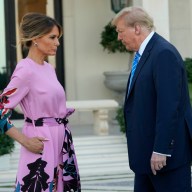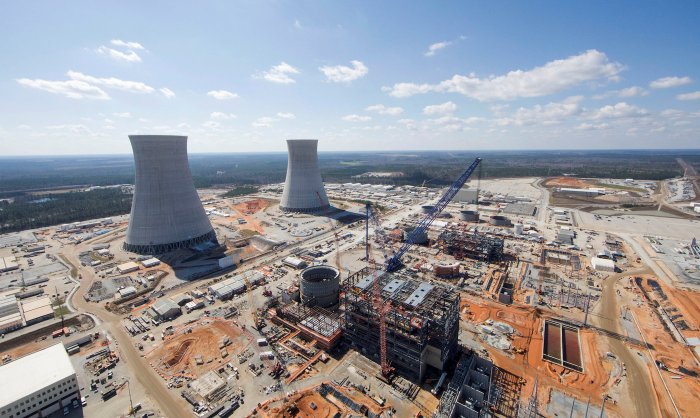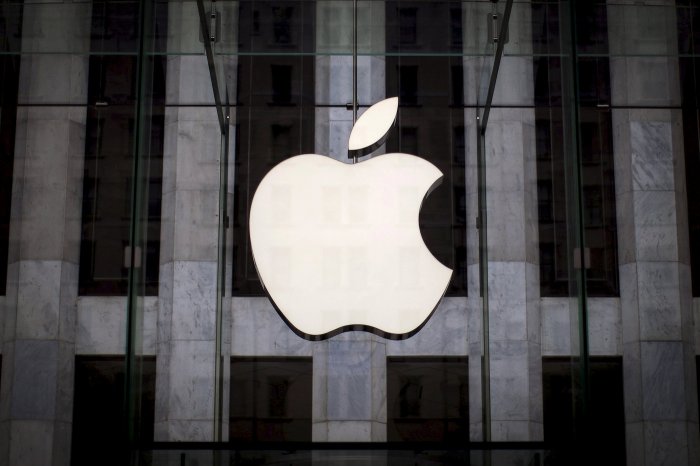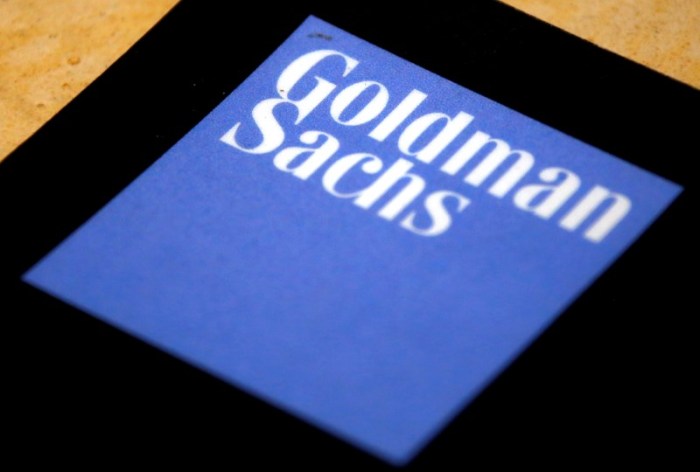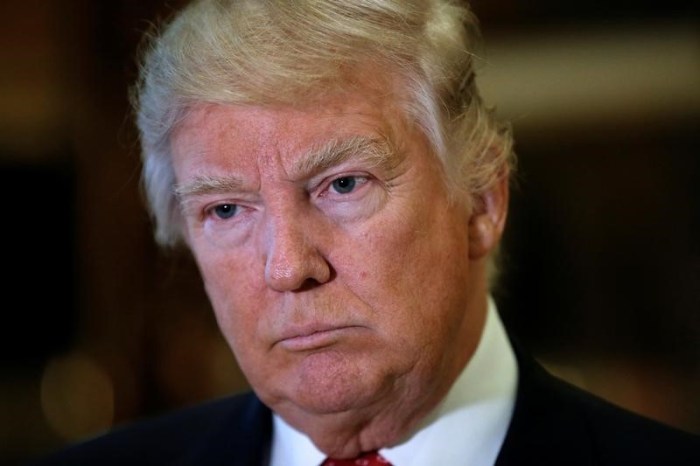By Clare Jim
HONG KONG (Reuters) – Property developer China Vanke <000002.SZ> <2202.HK>, embroiled in a high-profile corporate power tussle for over a year, said on Thursday its No. 2 shareholder China Resources Group will sell its entire 15.31 percent stake to Shenzhen Metro Group. The stake sale comes just less than one month after the developer called off an asset-swap deal to make subway operator Shenzhen Metro its largest shareholder.
Vanke will transfer 1.69 billion A-shares listed in Shenzhen, equivalent to a 15.31 percent stake, at 22.0 yuan a share, with the transaction totaling 37.2 billion yuan ($5.40 billion), the country’s second-largest developer said. “China Resources will not own any of the company’s shares after the transaction,” Vanke said in a filing to the Shenzhen stock exchange.
Vanke’s shares, which were suspended from trade in both Hong Kong and Shenzhen earlier in the day, will resume trade on Friday.
Tencent Finance, a local news website, first reported earlier on Thursday that China Resources would sell its 15.2 percent stake to Shenzhen Metro Group.
It was not immediately clear if such a move would help Vanke fend off its biggest shareholder, financial conglomerate Baoneng which has built up a 25 percent holding and has sought to oust management. It would also fall short of a previous Vanke plan to make Shenzhen Metro its No. 1 shareholder through an asset swap worth $6.9 billion. Vanke last month called off the deal with Shenzhen Metro saying it could not get major shareholders to agree.
China Resources previously opposed the Shenzhen Metro deal but has said it was not working with Baoneng to replace Vanke’s board.
“The shares (in Vanke) were bought by China Resources’ former chairman and may not fit into its current portfolio,” David Hong, head of research at CRIC Hong Kong, said.
He said Shenzhen Metro may increase its stake in the future to become Vanke’s largest shareholder.
While Baoneng has sought to oust management, it has said little about its intentions. Recent proposed ownership limits at Chinese insurance companies could, however, effectively stop it from using its insurance unit to further fund the acquisition of more shares in Vanke. Baoneng’s shares in Vanke will come out of a lock-up period that prevents them from being sold on Jan. 17, according to a Citi report.
Complicating matters, China Evergrande Group <3333.HK>, the country’s biggest homebuilder, quickly built up a stake of 14.07 percent in the latter half of last year but has since said it is not interested in seeking control of its rival. Vanke’s shares in Hong Kong lost as much as 30 percent in the first half of last year, hit by uncertainty over the power struggle and share dilution that would have occurred under the deal with Shenzhen Metro. But they recovered most of that ground in the second half when Evergrande quickly built up its stake. (Reporting by Clare Jim; Additional reporting by Donny Kwok, Twinnie Siu and Meg Shen; Editing by Edwina Gibbs)
China Vanke’s No. 2 shareholder sells stake to Shenzhen Metro amid power tussle
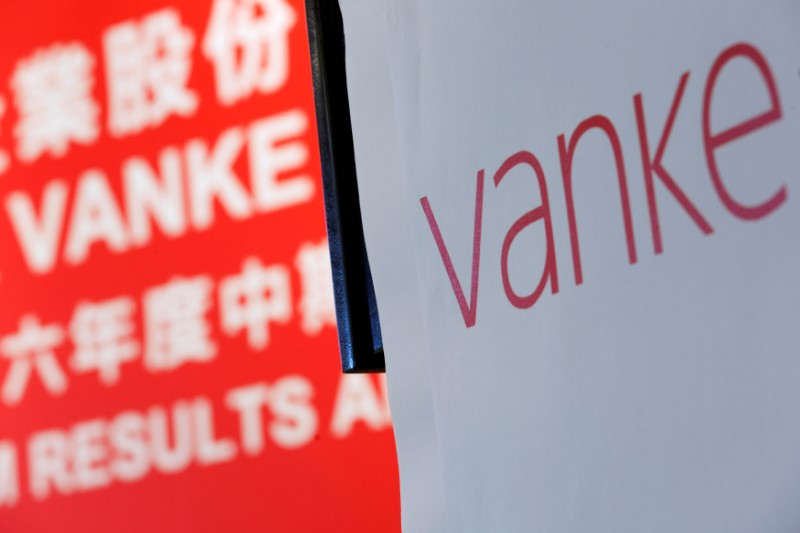
By Clare Jim








